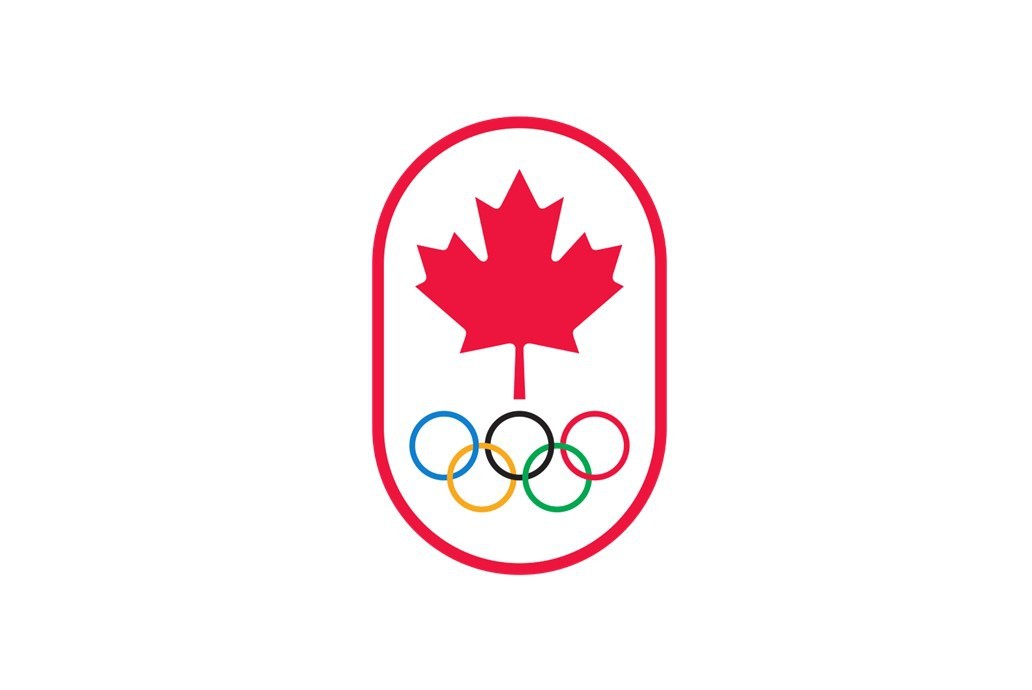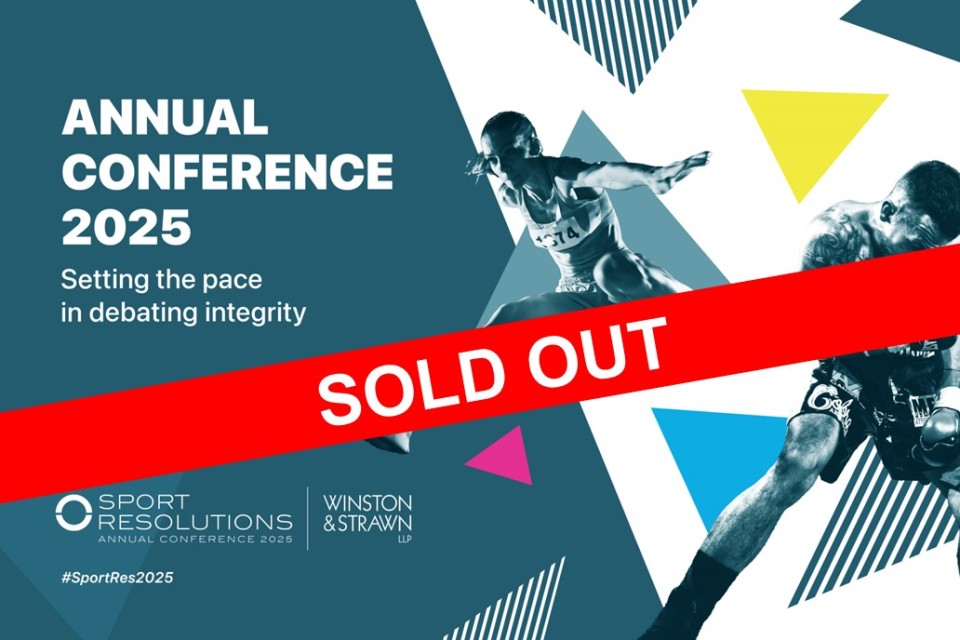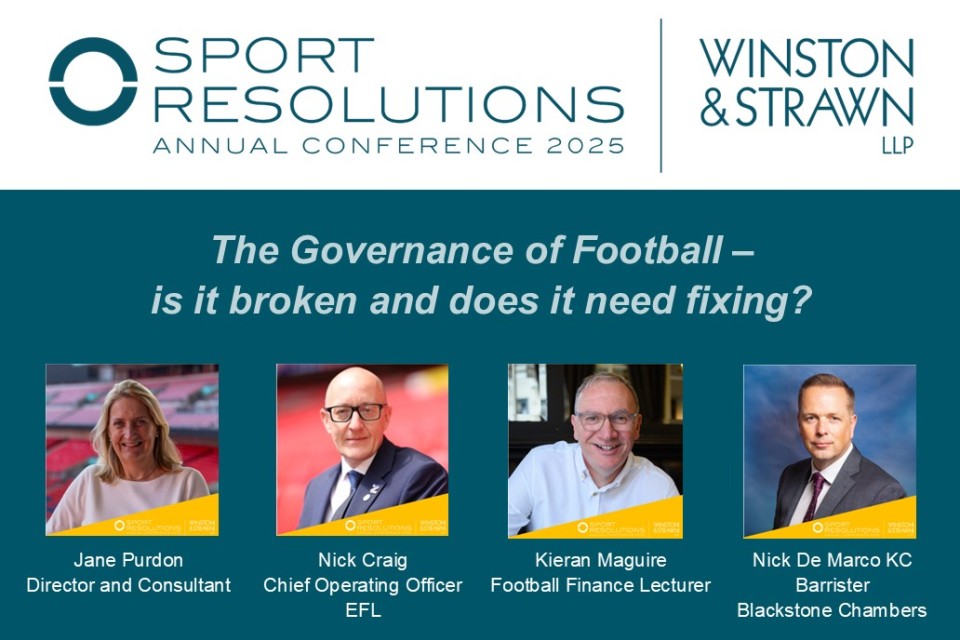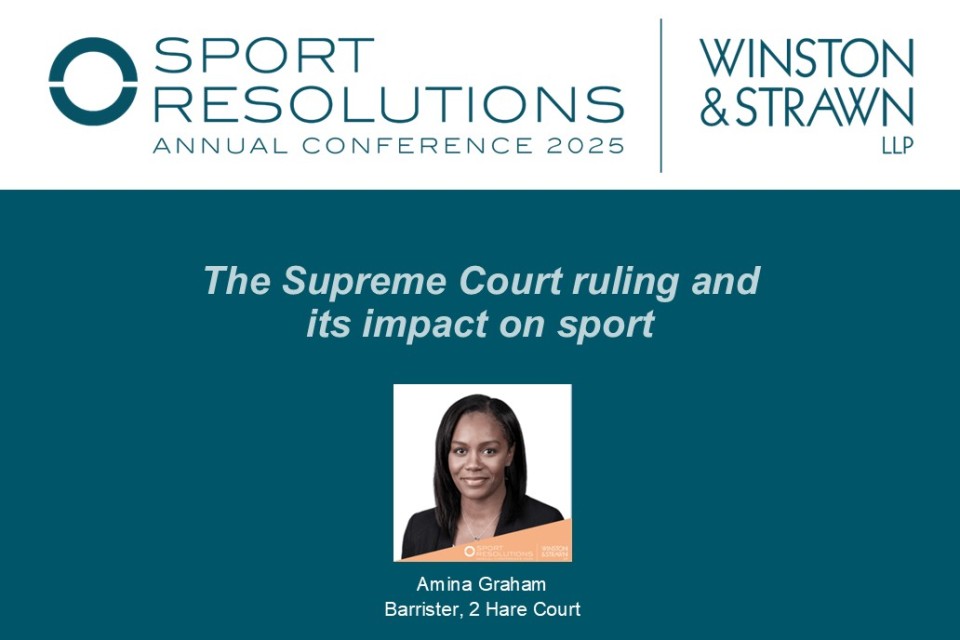Mon, February 10, 2025
Canada’s Olympic sports facing funding crisis

According to CBC, Canada's Olympic sports are facing a funding crisis, with an expected $329 million deficit expected over the next five years. The last increase in core federal funding, which Freestyle Canada's Chief Executive Officer Peter Judge called the “blood in the veins” of his organisation, for Canada's 62 summer and winter national sport organisations was all the way back in 2005.
Speed skater Isabelle Weidemann, who has won three Olympic medals and was Olympic flag-bearer for Canada in Beijing 2022, is now in debt because she is paying for things her national sport organisation can no longer afford.
She voiced: “Even at this top level, three Olympic medals, got to carry the flag, the hope is you come out the other side and you're not too far from zero, that you don't have to spend years digging yourself out of this hole…
To think we struggle to buy groceries, struggle to maintain equipment or purchase training necessities, all these expenses just to be able to compete with the rest of the world, there's such a discrepancy there.”
Speed Skating Canada's Chief Executive Officer Joe Morissette also discussed the cuts. He expressed: “Over many years, we've retreated in certain areas. If funding is stagnant, we can only do so much.”
With the 2026 Winter Olympic Games in Milan-Cortina approaching, Canadian athletes are winning World Cup medals continuously across multiple sports.
Additionally, Canada's nine gold medals and 27 total last year in Paris were both records for a non-boycotted summer Olympics.
However, with a notable lack of funding, this is unlikely to persist.
“What you're seeing is the last of the blood pumped through the veins,” Judge said.
He continued: “We're running a $600,000 deficit this year and we probably will have to again next year. Otherwise, we just start firing people. We're down to skin and bones.”
Two decades' worth of inflation since 2005 has contributed to this bleak situation for Canadian athletes.
The Canadian Olympic and Paralympic committees lobbied on behalf of national sport organisations for a $104 million increase in annual core funding in the 2024 budget.
However, this did not come to fruition. Athletes did receive a 23 per cent increase in their monthly Athletes Assistance Program (AAP) checks, from $1,765 per month to about $2,170. However, that raise is getting eaten up by athletes paying for more training and competition costs, and for an increase in “team fees,” which is what athletes pay their federations. Committees have lobbied together to increase the 2025 budget too, and they are asking for even more, but this appears unlikely in light of 2024.
Bobsledders pay between $20,000 to $60,000 from their own pockets to Bobsleigh Canada Skeleton, which CEO Kien Tran said was a five-fold increase over the previous year.
Tran expressed: “If I could sum it up, because of this lack of funding, sports in Canada is becoming just pay to play. It falls on the athletes. You may not be getting the best athletes. You may be getting the best athletes that can afford this.”
Speedskater Ivanie Blondin voiced: “We're seeing a lot of young, talented athletes lose the motivation because the national sport organisations (NSO) do not have the means and the funds to be able to send them to international events or send them on training camps.”
Luge Canada CEO Tim Farstad also highlighted that a lack of funding makes sport unsafe in Canada and prevents sponsorship.
As reported by The Canadian Press, sensational headlines, including Canada Soccer's drone spying scandal in last year's Olympic Games and Hockey Canada's handling of sexual assault allegations against members of its 2018 junior hockey team, have had a knock-on effect.
“We're all trying to find sponsors. There's this kind of feeling right now in Canada you know 'Canadian sport, do we trust them anymore?' Every time those things happen, it knocks all of us down a notch,” Farstad stated.
He continued: “the government doesn't understand how critical it is right now. It's not just us asking for more money again. We're at the end of the rope.”
The CEO of the Canadian Olympic Committee, David Shoemaker, suggested that the government could direct more sports-betting revenue to NSOs. A Deloitte report released in 2024 stated the second year of regulated gambling in Ontario alone produced $380 million in federal government revenue.
“That tax revenue could more than cover what we need as a contribution to the national sports system,” Shoemaker stated.



